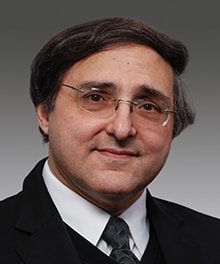Michael D’Addio’s Article "Obamacare Forces Changes in Health Spending Accounts" Featured in The Hartford Business Journal
Hartford Business Journal
By Michael D'Addio, Principal, Tax & Business Services

Excerpt:
Since its enactment, the Affordable Care Act has made many changes to the rules for deducting medical expenses. Several provisions that go into effect this year will impact the way many people fund their medical care.
Medical expenses will be more difficult to deduct in 2013. In prior years, individuals were allowed to deduct the amount of their medical expenses that exceeded 7.5 percent of adjusted gross income. The deductible portion must now exceed 10 percent, which will decrease the related tax benefit. The law, however, does permit the 7.5 percent limit to continue for those who are 65 or older through 2016.
This reduction in deductible medical expenses makes flexible spending accounts (FSAs) and health savings accounts (HSAs) more valuable in 2013 and later years. These accounts allow employee contributions on a pre-tax basis to pay for qualified medical expenses. This effectively produces a 100 percent deduction for medical costs.
For example, a married couple with adjusted gross income of $100,000 and unreimbursed medical expenses of $2,500 receives no itemized medical deduction. Their medical expenses do not exceed 10 percent of their adjusted gross income. However, a contribution of $2,500 into an FSA or HSA to fund these medical expenses reduces their taxable income by an equal amount.
For 2013, contributions to flexible spending accounts are limited to only $2,500. This limit is subject to an inflation adjustment in future years. Previously, FSAs set up by employers usually set caps ranging from $2,000 to $5,000. While this is a significant decrease in the maximum amount that can be contributed, most studies show that the new limit exceeds the average contribution made to an FSA account in prior years.
Click here to read full article on www.hartfordbusiness.com >>


















